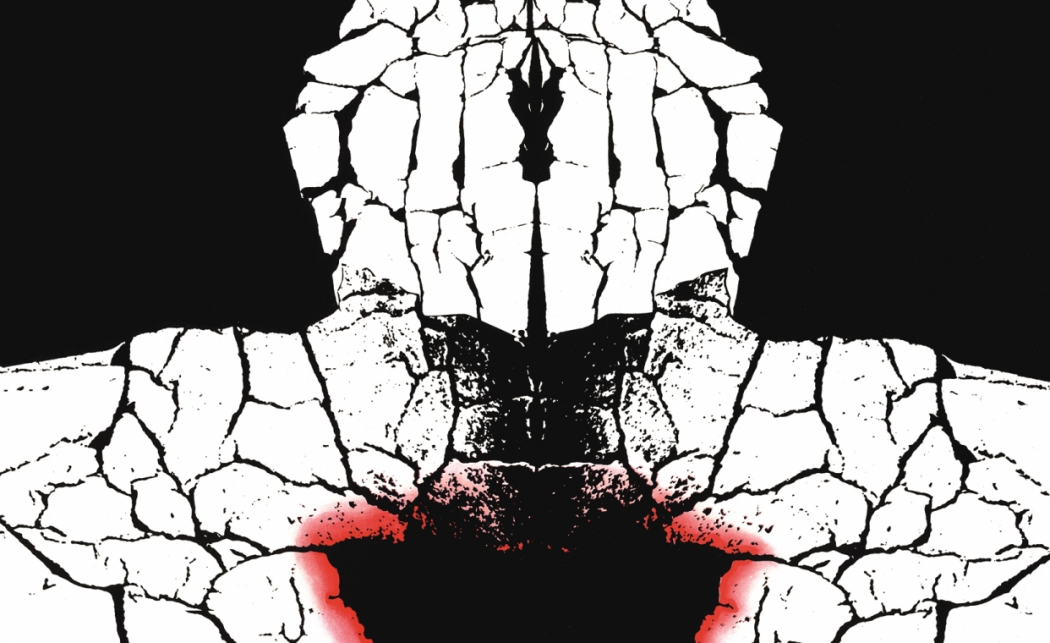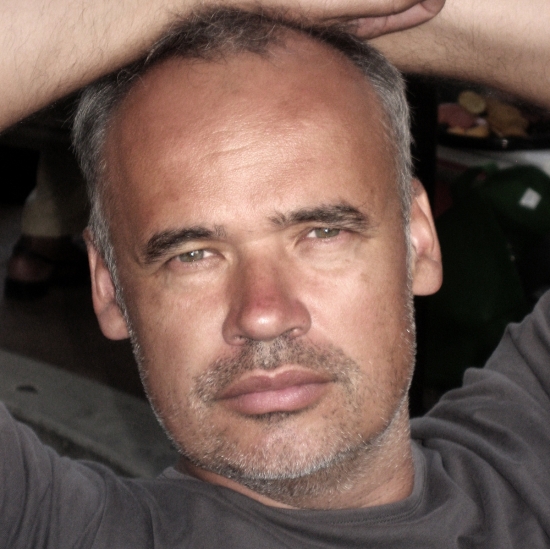Whose ‘Forefathers’ Eve’ Is It?
A remix of Kazimierz Dejmek’s Forefathers’ Eve produced at the National Theatre in Warsaw (first performed on 25 November 1967)
Dejmek’s 1967 production, closed by the communist censorship office (which eventually led to the events of March 1968), contributed to a debate about the relationship between artistic and political space, about the appropriation of meanings, about how the latter are ‘stolen’ by stereotypes constantly present in our way of thinking.
It’s indeed a bizarre historiosophical loop: Forefathers’ Eve, regarded as an anti-Russian piece, distorting Mickiewicz’s internationalist ideas (but which Forefathers’ Eve? The one by Mickiewicz? The one by Dejmek? That of late 1967/early 1968 society? Ours, today?) became a pretext for the expulsion of citizens of Jewish origin from Poland. What is more, this expulsion was received with enthusiasm by a large part of the ‘Polish nation’, shaped to a large extent by the ideas included in The Books and the Pilgrimage of the Polish Nation, written by none other than Mickiewicz.
When Gomułka was talking about the likelihood that the ‘inspirers’ of the events at Iniversity of Warsaw, ‘known for their revisionist speeches and Zionist views’ would leave Poland, the people gathered in the Congress Hall in Warsaw shouted ‘Go ahead! Do it! Faster!’.
Why today, as we protest against the alleged threat to our national identity posed by refugees streaming into Europe, do we still need to burn the effigy of a poor old Jew in the main market square of a European Capital of Culture, again?
To quote a classic: What’s going on?
- Creators
- Audiovisual design — Marek Kozakiewicz
- Original title — Czyje te „Dziady”?
Theatrical/audiovisual installation, based on archive materials, a quotation from Polish Club (Klub Polski), a piece directed by Paweł Miśkiewicz at the Gustaw Holoubek Dramatic Theatre (Holoubek played Gustaw/Konrad in Dejmek’s production), featuring Mariusz Benoit, the actor who played Konrad in Klub Polski.

